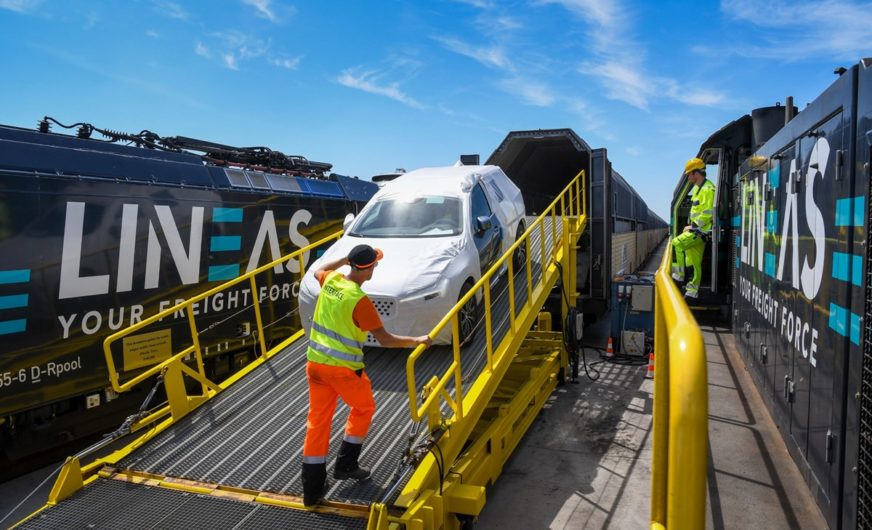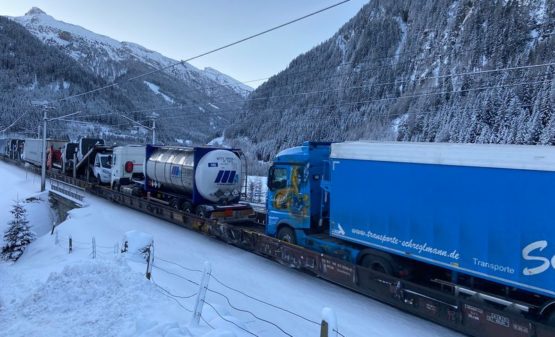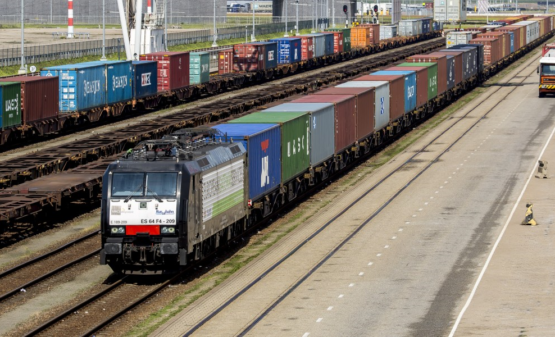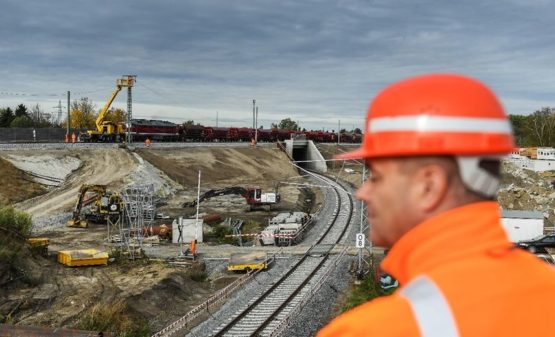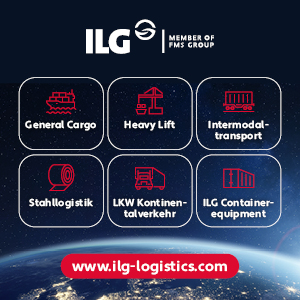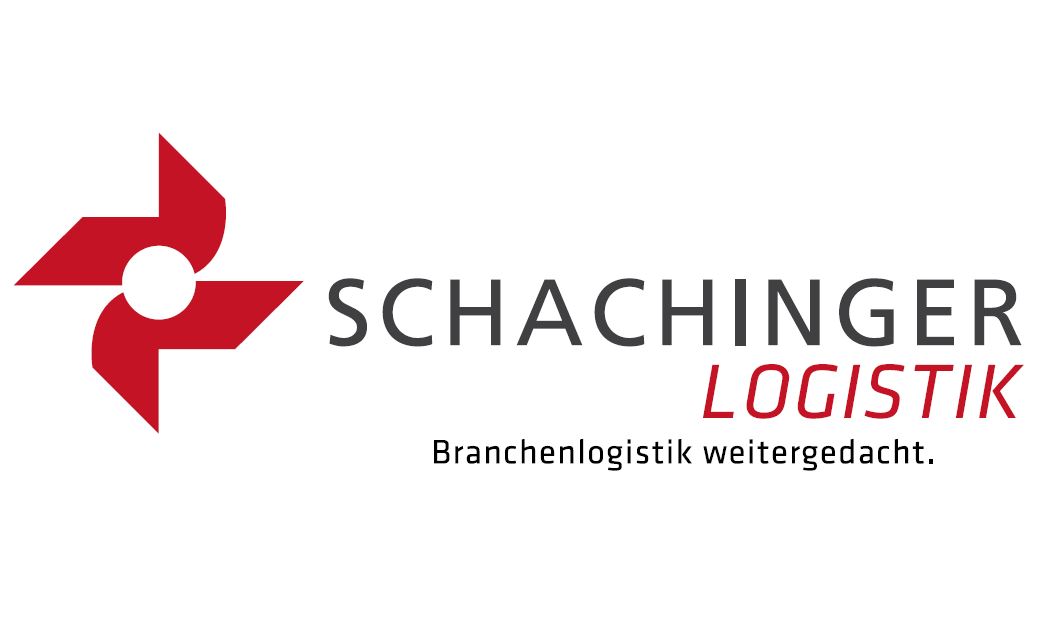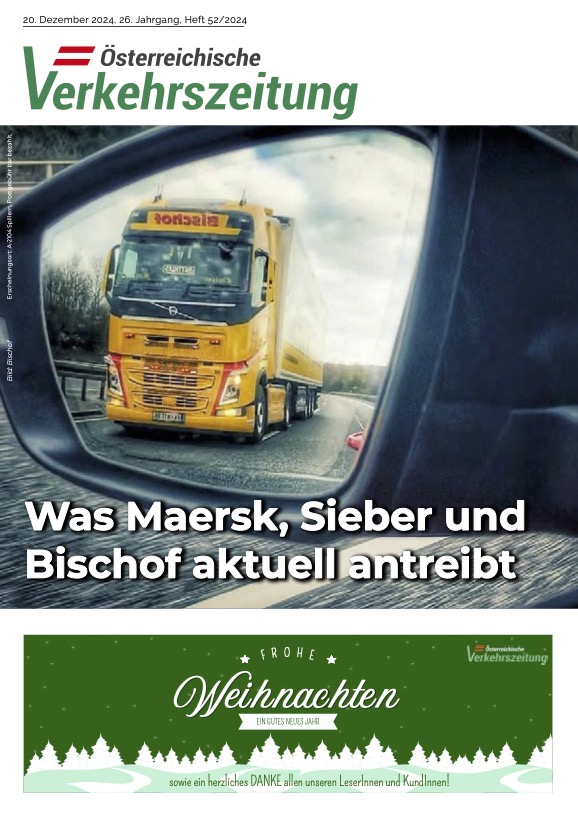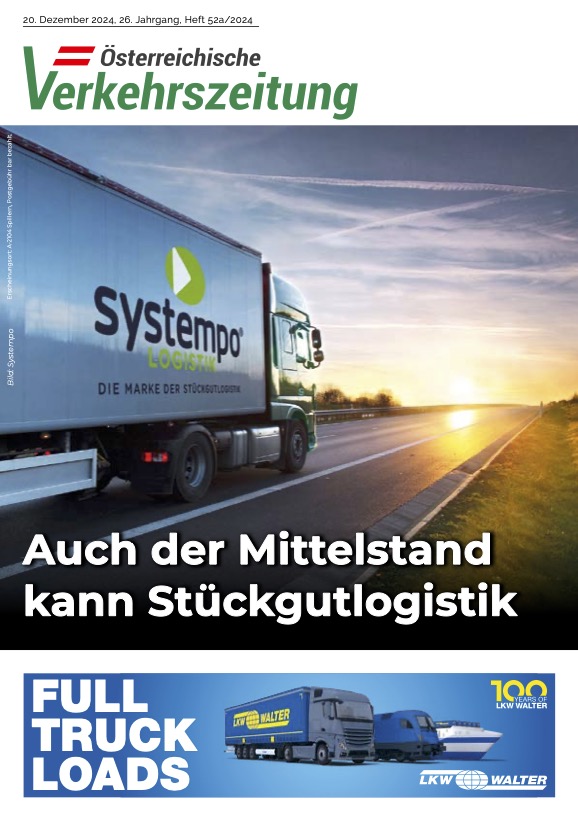Volvo Cars exports cars to China, Italy and Austria by rail from North Sea Port several times per week. The first train carrying 190 XC60s from China arrived at the Kluizendok this week and will shortly be returning to the Chinese port of Xi’an with 180 XC90s, V90s and V60s.
The new rail connection from Ghent is in line with the Volvo Cars strategy of operating faster, more sustainably and more cost efficiently not only in terms of production but in logistics, too. Exporting some of the cars by rail instead of by boat or truck reduces the impact on the environment and the cars reach their final destination more quickly. The lead time from plant to final destination can be cut by up to half.
“Our aim is to deliver our vehicles as quickly as possible to the final customer. By establishing the new rail transport directly to Volvo Car Gent we will reduce the lead time to customers up to 50%. This demonstrates our commitment to drive efficient and sustainable solutions along the entire supply chain,” explains Stefan Fesser, Plant Manager Volvo Car Ghent.
Daan Schalck, CEO North Sea Port: “Volvo Cars is able to make full use of the good hinterland connections in North Sea Port by opting in Ghent for sustainable transport by rail to the European hinterland and to China. This strengthens North Sea Port’s position as multimodal port.”
Rail operator Lineas is in charge of managing the exports by rail from North Sea Port to China and Italy. “After our close cooperation for transport to Sweden, Volvo has now deliberately opted for fast and cost-efficient rail transport to Italy and China. Volvo is setting an example here of how rail transport is not only sustainable, but is also the best option for optimising its supply chain.”
The trains to Italy are loaded at the DFDS terminal at the Mercatordok. The China train arrives at and leaves from the Kluizendok. Thanks to this modal shift to rail, Volvo Cars takes around 5,000 trucks off the road every year.
At the moment, Volvo exports cars by train from North Sea Port in Ghent four times a week and from the port of Zeebrugge twice a week.
From North Sea Port
- 2x/week to Xi’an (China)
- Start: May 2019
- Capacity per train: 190 cars – 100 trains annually
- Hybrid train
(roll on-roll off between Ghent and Poland,
container train between Poland and Xi’an) - XC60 from China to Ghent – XC90, V90CC and V60 from Ghent to China
- Duration: 22 days
- Route: Ghent – Malaszewicze (Poland) – Xi’an
- Management: Lineas – ITL
- 2x/week to Sacconago near Milan (Italy)
- Start: February 2019
- Capacity per train: 200 cars – 92 trains annually
- All Volvo models
- Duration: < 1 day
- Route: Ghent – Sacconago
- Management: Lineas
From the port of Zeebrugge
- 2x/week to Schwertberg (Austria)
- Start: April 2018
- Capacity per train: 200 cars – 90 trains annually
- Duration: 2 days
- All Volvo models
- Route: Zeebrugge – Germany – Schwertberg
- Management: Hödlmayr
Volvo Car Ghent is a car factory in the port of Ghent and is owned by the Volvo Car Corporation. It consists of a welding factory, a paint shop and a final assembly line. With 6,500 workers, VCG is the largest industrial employer in East Flanders. In 2018, Volvo Car Ghent produced 200,396 cars. The V40, XC40 and V60 models are made here.


